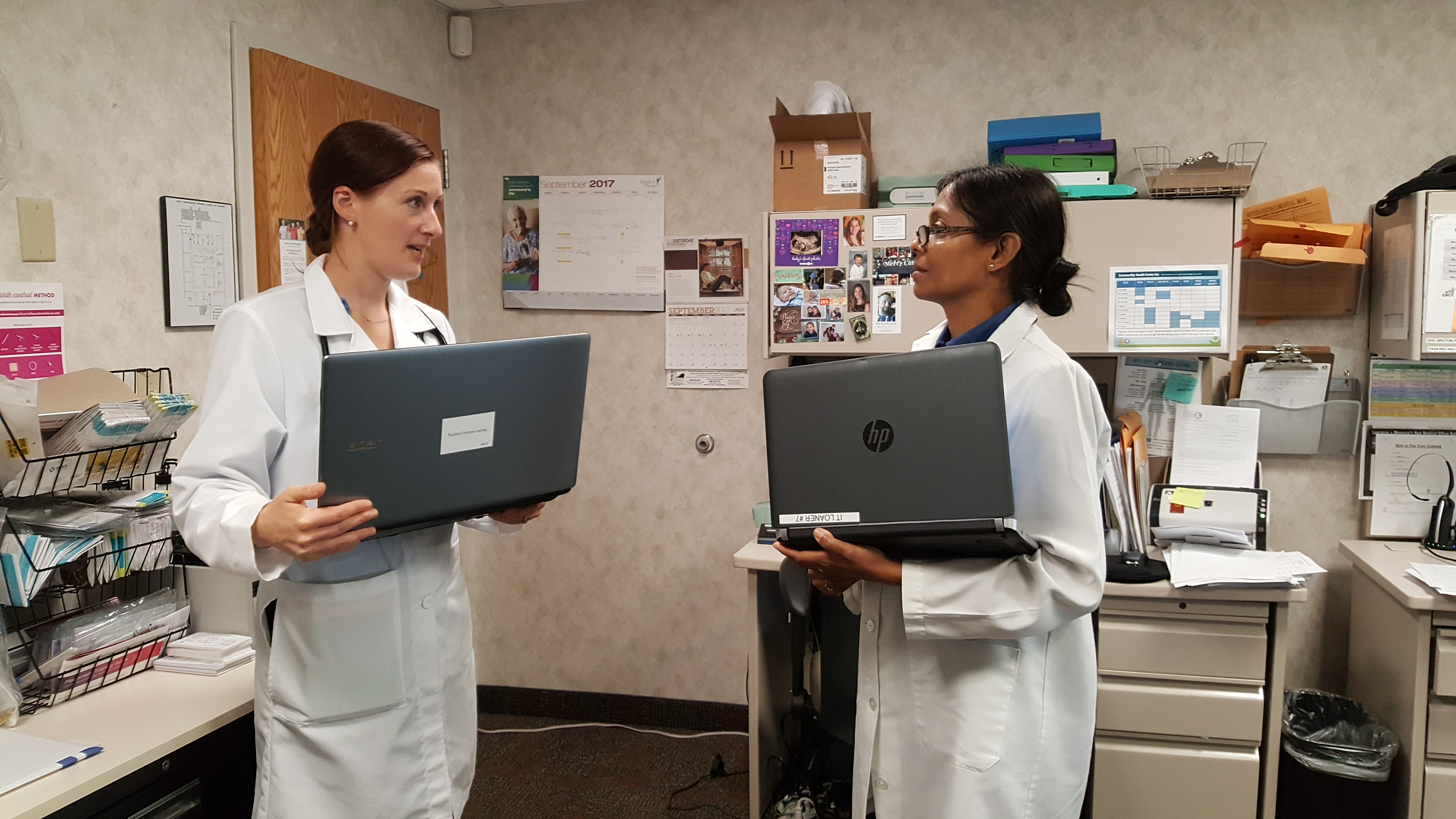Occasionally you may have a student that is not progressing in the practicum as expected or is challenging in other ways. It will be helpful to identify any concerns as early as possible in the relationship. Students not performing at expected levels often have limited insight or lack of personal awareness and need feedback as soon as identified. This may be enough to resolve an issue. Preceptors should determine any underlying problems that they are able to identify. Notify faculty as soon as possible if you have any concerns regarding your student. Early communication with faculty and student will prevent problems from escalating. Address any concerns of unsafe practice immediately with the student and faculty. See common learning barriers that may be the underlying issue in a challenging student.

Common Learning Barriers
- Inadequate knowledge
- Lack of preparation, review or study time
- Fatigue (work, life, school balance issues)
- Disorganization
- ESL
- Poor time management
- Poor attitude
- Poor matching of learning/teaching styles
- Differing expectations for practicum
- Decreased self-confidence
Trust your judgment even if you are unable to identify exact issues. Consult faculty to assist you in problem identification and site visit if needed. Documenting concerns will be helpful to follow the student’s progress. It may be helpful to use a SOAP note:
Subjective: What are your concerns about the student? Include input from staff and colleagues if they have noted concerns.
Objective: Document specific behaviors that concern you about the student.
Assessment: Form a “differential” to help determine the fundamental issues.
Plan: Determine specific changed needed to ameliorate the issue. Discuss the plan with student & faculty. Schedule a date to reevaluation.